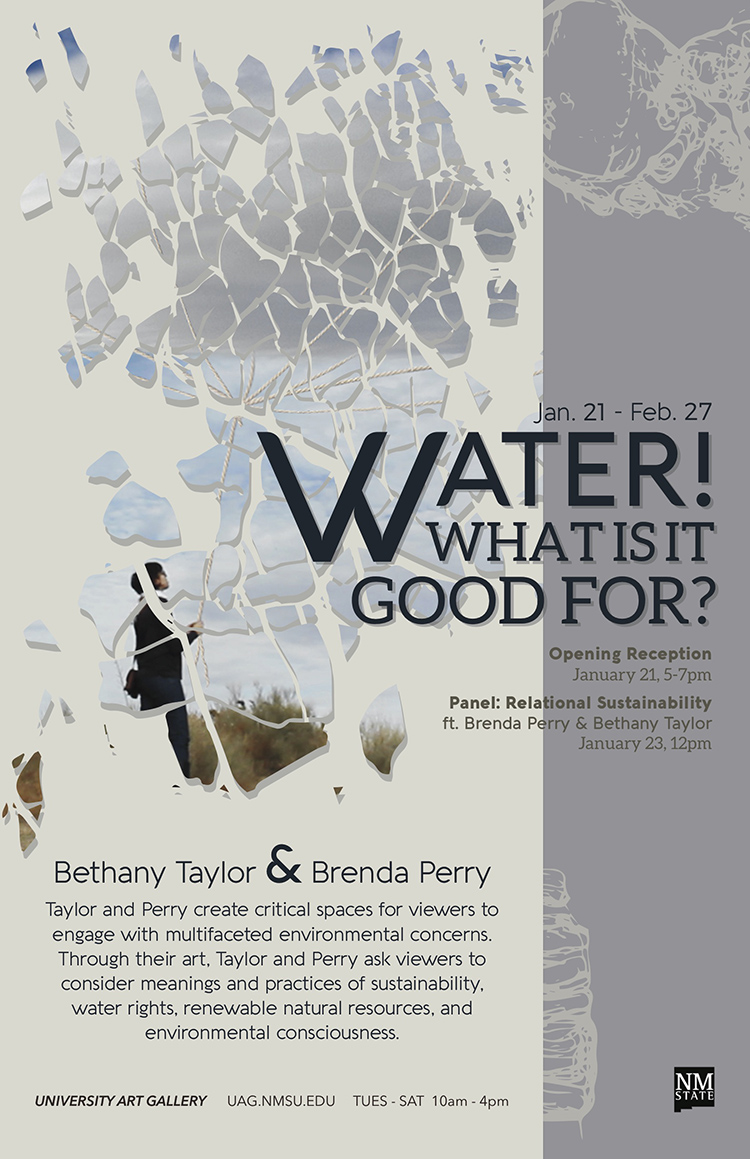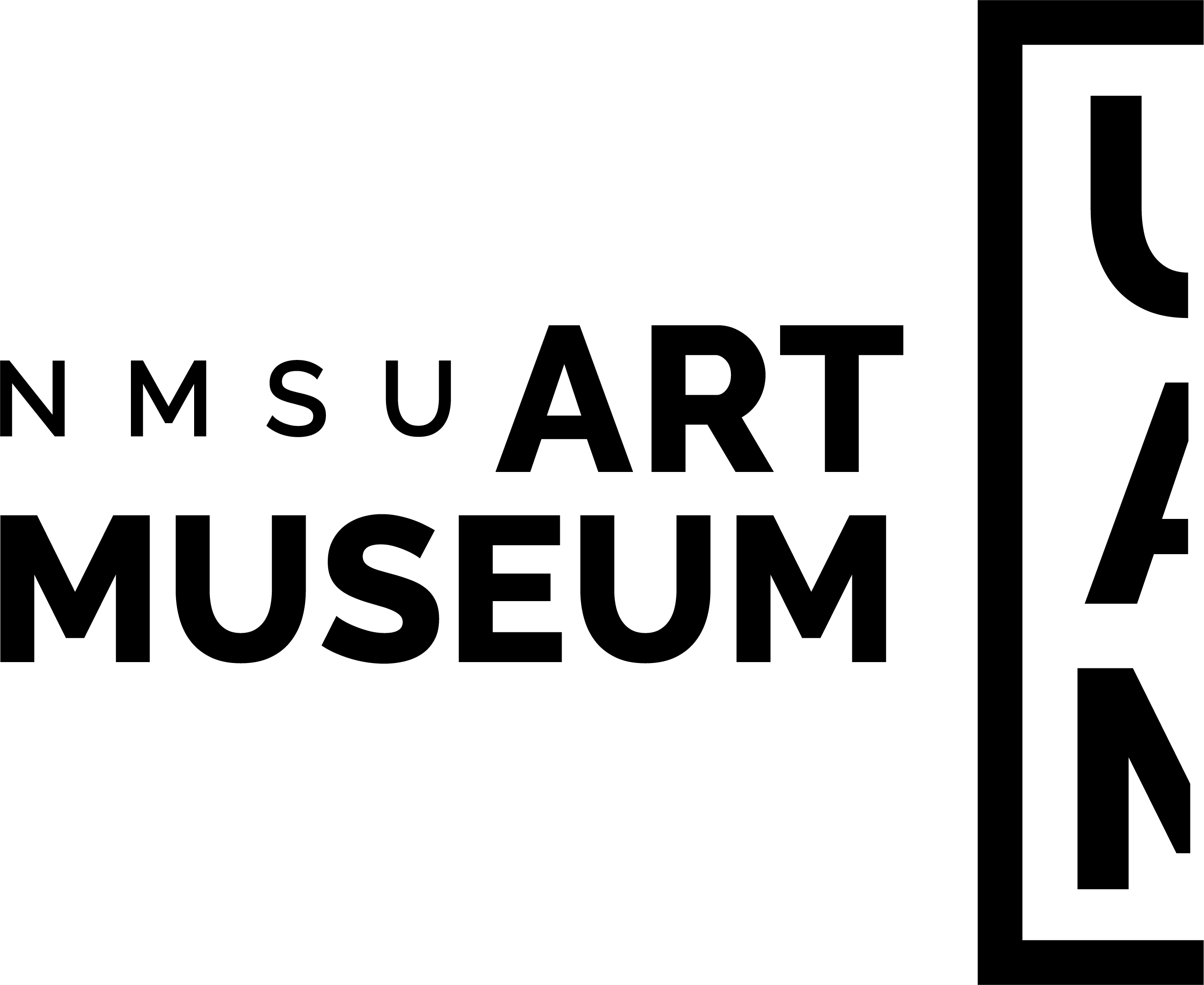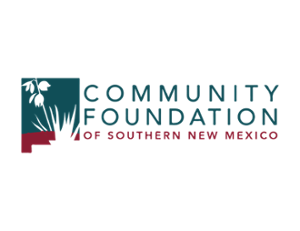
In conjunction with our exhibition, Water! What is it good for?, the University Art Gallery is hosting a panel focused on water issues and environmental consciousness. The panel will feature artists Brenda Perry and Bethany Taylor.
Perry, an El Paso, TX native, works across media and focuses on the Rio Grande river as the central theme of her work. Born in Ciudad Juárez, Mexico, Perry has a life-long emotional tie to the river. She sees the Rio Grande as a threshold between communities that needs to be reconsidered from combined social and environmental perspectives. In her interactive works that will be on display, Perry bridges the logic between contemporary virtual and physical landscapes.
Taylor, an interdisciplinary artist from Gainesville, Florida and Assistant Professor of Drawing at the University of Florida, is using the medium of string to “draw” figurative artworks that will be installed on the UAG’s walls. Taylor’s works can be understood as contemporary allegories with a twist. These woven stories combine cross-cultural mythology and symbols with modern-day imagery and concerns for the longevity of our environment.
This program is associated with the exhibition, Water! What is it Good for?, showing at the NMSU Art Gallery from Jan. 21-Feb. 27, 2016.
Moderator:
Marisa Sage, Director, University Art Gallery
Panelists:
Wayne Belzer, Engineer, International Boundary and Water Commission
Wayne Belzer is an Environmental Engineer for the International Boundary and Water Commission. He has worked for the commission for 16 years. Prior to that, he was a Chemist for the EL Paso Water Utilities. Belzer is also an officer in the United States Navy Reserves.
He attended UTEP and received a Bachelor’s degree in Physics, a Bachelor’s degree in Math, a Master’s degree in Geological Sciences, and is currently completing his Ph.D. in Environmental Engineering.
Leslie Grjalva, Texas Clean Rivers Program
Leslie Grijalva currently administers the Texas Clean Rivers Program for the Rio Grande Basin in Texas. She has worked for over 9 years at the International Boundary and Water Commission, U.S. Section, managing water quality data and the Rio Grande Basin monitoring program. Her work with the program and the Rio Grande River takes her up and down along the U.S./Mexico border in Texas, from El Paso to Brownsville. Ms. Grijalva was born and raised in El Paso. She graduated with a Bachelors degree in Microbiology and Chemistry from the University of Texas at El Paso in 2007 and with a Master of Science degree in Biology and Environmental Science from the University of Texas at El Paso in 2010.
J. Phillip King, P.E., Ph.D., Professor in the Civil Engineering Department
Is a Professor in the Department of Civil Engineering at New Mexico State University in Las Cruces, New Mexico, where he has been on faculty since January of 1990. He is also a consultant, working as King Engineering & Associates Inc., specializing in water resources engineering, management, dispute resolution, training, and public outreach. King served as a Peace Corps Volunteer in Malawi (1983-1985), as an AAAS Science and Technology Policy Fellow at the National Science Foundation (2009-2010), and as a Bill Daniels Fellow for Ethics (2011).
King received my Master’s and Ph.D. degrees in Agricultural Engineering from Colorado State University, and my Bachelor’s degree in Civil Engineering from the University of California at Berkeley. I also received a Master of Business Administration degree from New Mexico State University.
His research focuses primarily on the water resources of the Rio Grande in New Mexico, Texas, Colorado, and the Republic of Mexico.
Kevin Bixby, Executive Director of The Southwest Environmental Center
As the son of a naval officer, Bixby grew up all over the world, but the American West has always been his home. While attending high school in Oakland, Bixby began his activist career by volunteering at the Berkeley Ecology Center. After graduating with a B.A. in biology from Dartmouth College in 1978, he returned to the San Francisco Bay Area and began volunteering at Friends of the Earth where he rubbed elbows with the late, great David Brower. Working to save condors and whales by day, Bixby made a living by driving a San Francisco taxicab at night. Realizing that more education might be useful, Bixby set off to the School of Natural Resources at the University of Michigan in 1985, where he earned a Master’s degree in Natural Resources Policy. But the West beckoned, and in 1988 Kevin moved to New Mexico with his future wife, Lisa LaRocque, and started the Southwest Environmental Center in 1991.







